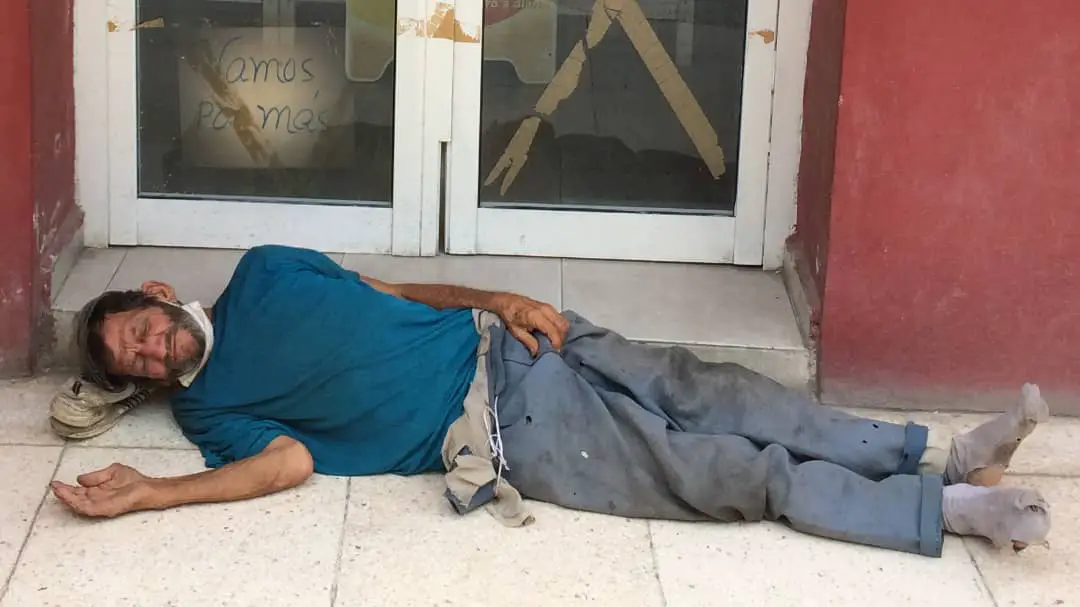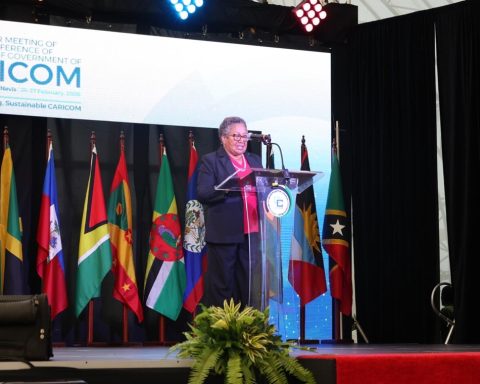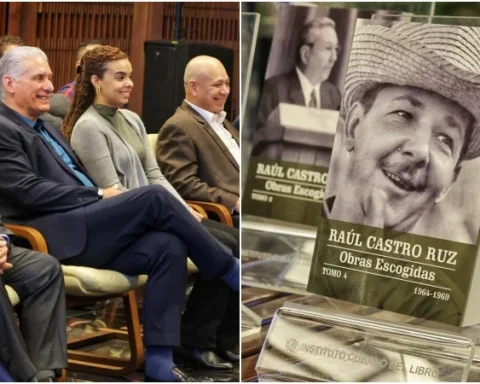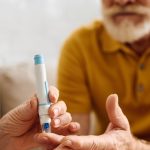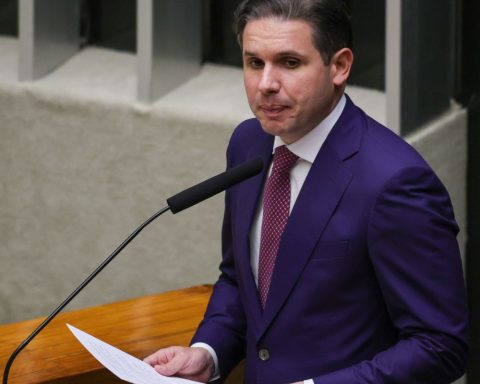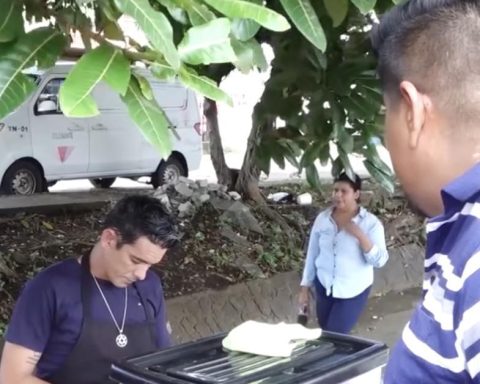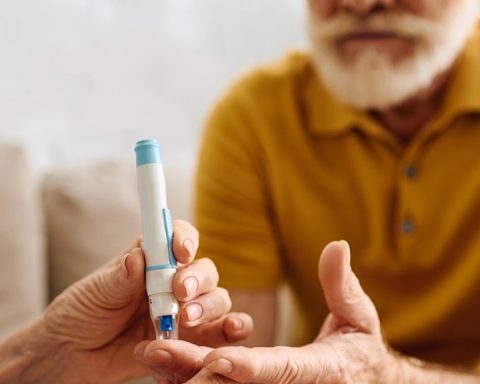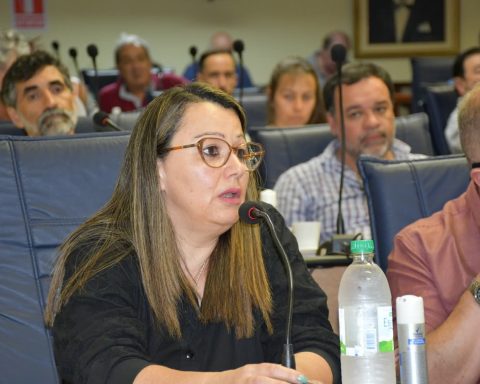MIAMI, United States.- “I’m not going to fool you. These are medicines that are sold in the pharmacy for pain because there are no pills. But I bought them to drink as an alcoholic beverage,” says Alberto Sarmiento, who confesses to being alcoholic.
‘Anamú tincture’ is written on the label of a pomegranate that Sarmiento has taken from a small white box that he holds in his left hand. “That doesn’t hurt, it’s medicinal and it gives me a rich ‘news’ (drunkenness),” says Sarmiento, a matchmaker repairer and collector of empty beer cans that he sells as raw material.
In the pharmacy he paid 21 pesos for seven tubes. “I mix them with water and from there three bottles come out that last three or four days. Now with that I ‘shot’ (solve). It is cheaper than a bottle of walfarin that is worth 500 pesos ”, she compares.
Two months ago, Alberto, in a drunken state, fell from the third floor of his house. “I was saved by a miracle. They took me to the hospital unconscious. They took seven stitches in my head and I had a broken ankle. My foot is still swollen and it’s hard for me to walk. I have no one to help me. I’m alone in the house and I live my way, what am I going to do?” Says 53-year-old Alberto, that his deteriorated physical condition makes him appear older.
The increase in the price of alcoholic beverages in the formal and informal market causes alcoholics to buy medicines in the pharmacy to “satisfy” their addiction.
On the street the bottle of walfarin (clandestine drink of manufacturehomemade) the cheapest costs 300 pesos, while in the state stores the prices of alcoholic beverages oscillate between 10 and 18 US dollars (2,000 to 3,600 national currency at the exchange rate in the informal currency market), values that are excessively high in a country where wages average is just over 4000 pesos.
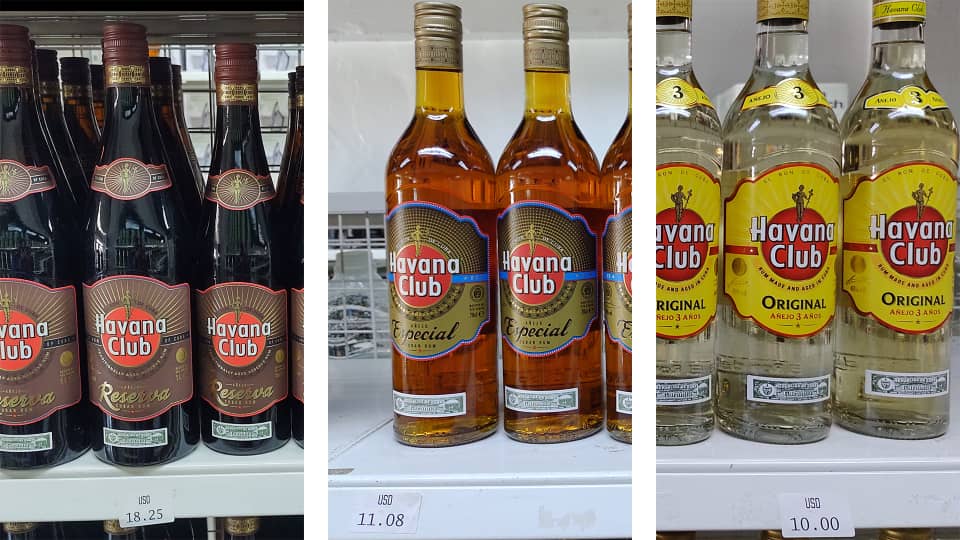
The low price, the free sale and the percentage of alcohol in its formula make the tincture of calendula, anamú and male pine among the most demanded.
However, the calendula is lacking, while the ingestion of the tincture of anamú and that of pine damages the health because they are both for external use.
The consumption of these products by addicts has caused shortages, affecting the sick who need them.
“Medicines are in short supply. We only have natural medicine left and there isn’t any because alcoholics take it, ”says Eduardo, a man who came to the pharmacy for anamú tincture to rub his muscle pain.
A similar situation suffers Magaly. “Alcoholics are always on the hunt for drugs and they get ahead of me. I have sick nails, I have visited several pharmacies and there is no male pine tincture to treat my condition. They should put it by prescription ”, suggests the lady.
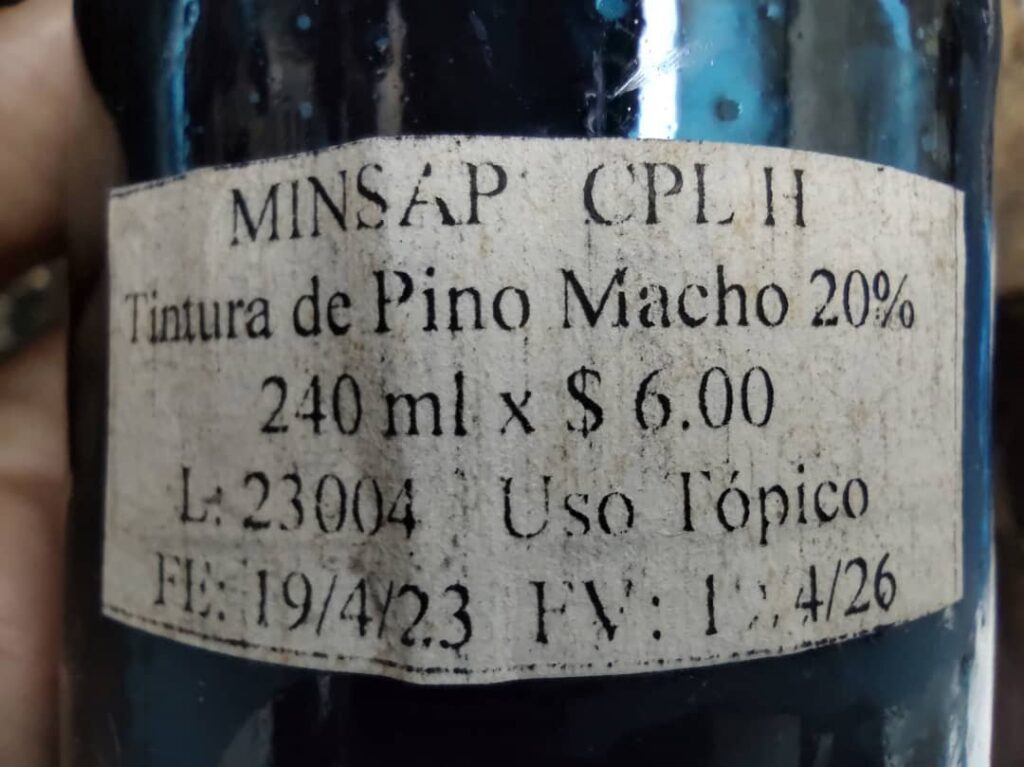
Calendula tincture is the most in demand by alcoholics. “It’s a released, cheap product, they took it by the loads and it’s already sold out,” says a pharmacist who gave her name as Liset.
The employee recounts the ‘modus operandi’ of addicts. “First they buy a bottle, and if they feel the alcohol as they want, they return and take more than ten. They spread the word and so they come one after the other until the medicine runs out in a couple of days. I can’t say no because they are released products”.
He claims that the anamu tincture that is sold is toxic. “It is used to give friction and relieve muscle pain. The label on the bottle says topical use (external use)”, details the expert.
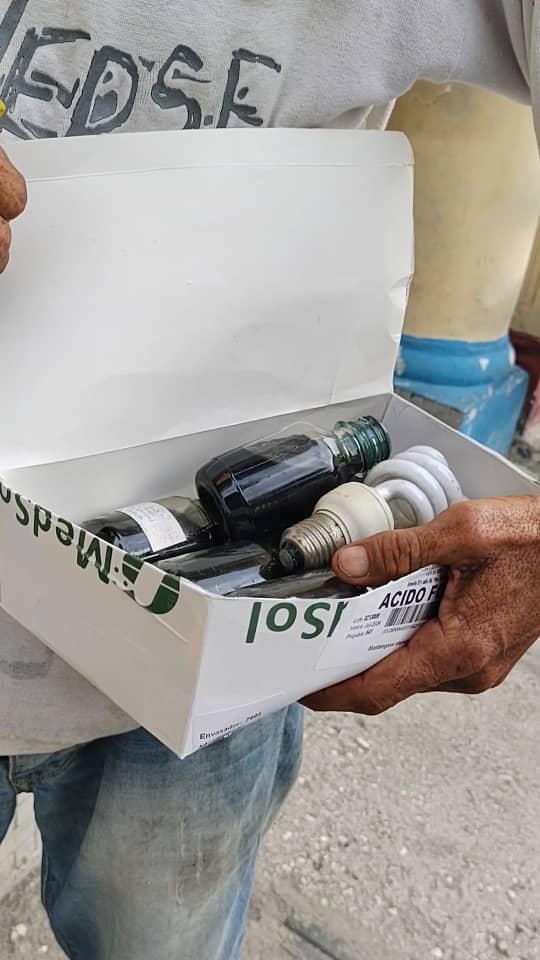
And he adds “Now alcoholics are buying male pine tincture which is also for external use. It is antifungal (destroys parasitic fungi). They take it by quantity and the next day they buy more. Now they don’t feel anything, but over time they will feel the damage to their health.”
Alcoholism, a growing problem
In this scenario, it is feared that the probabilities of a disaster will increase, such as the one that occurred in 2013 in the municipality of La Lisa, Havana, cWhen a massive poisoning by ingestion of clandestine liquor it killed at least seven people and left dozens more hospitalized.
At that time, the investigation showed that the intoxicated had bought a drink that contained methyl alcohol, a laboratory reagent, which is difficult to differentiate from ethyl alcohol, which is contained in alcoholic beverages.
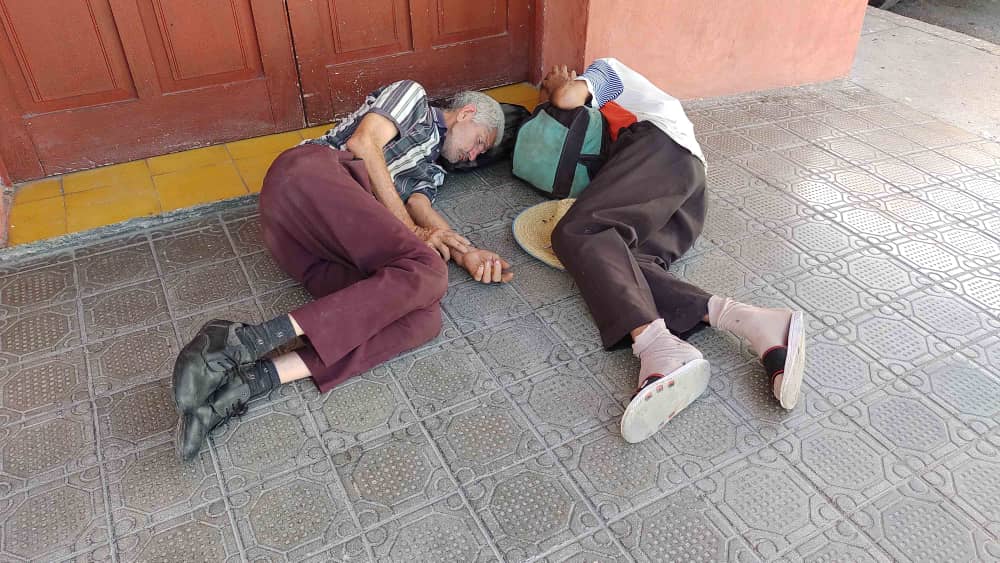
The wide network for the care of alcoholic patients in Cuba is based on four levels: the primary level, guaranteed by the family doctor, the staff of the Community Mental Health Centers and the municipal Community Mental Health specialists. Secondary, which includes partial hospitalization (day or night hospitals) and psychiatric services in general hospitals. The tertiary, represented by the dispensaries and hospital services specialized in alcoholism and other addictions and the Emergency Department, to be completed in Emergency Polyclinics, Crisis Intervention Units and Intensive Care Units.
However, in the country, “more than 45% of the population over 15 years of age consume alcoholic beverages, mainly in the age ranges between 15 and 44 years of age; while the majority of alcoholic dependents are between 25 and 42 years old”, according to the results of the investigations of the National Unit for Health Promotion and Disease Prevention published in the official newspaper Granma in 2016.
The report warns that there is a clear trend towards the initiation of drinking ever earlier, “without establishing differences by sex, since recent studies suggest that women drink today on a par with their male counterparts, a trend that makes this scenario more complex, if we take into account that women, biologically and psychologically, are more vulnerable”.
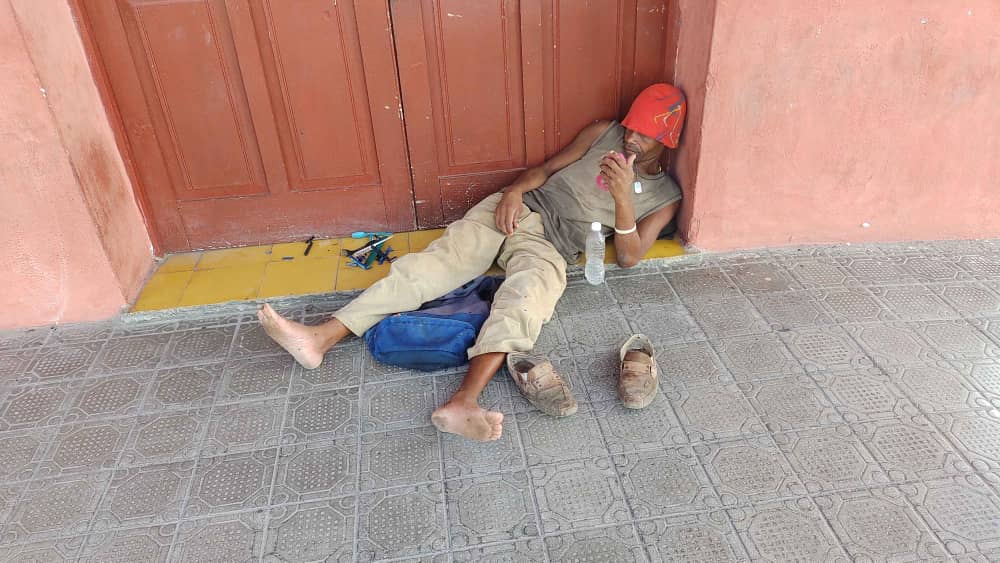
The study specifies that the results of a Multiple Indicator Cluster survey showed that the proportion of men who drink alcohol is higher than the proportion in women.
Alcohol consumption before the age of 15 is more common in men than in women (11% vs. 3% respectively).
The most recent statistics are from July 2022 and showed an increase in alcoholism, according to the results of the National Health Survey.
“The National Health Survey showed that, in the 30 days prior to being surveyed, 73% of people had consumed beverages of this type, against 67% who did so in 2010. Unfortunately, it is also appreciated that 68 % started consuming alcohol between the ages of 10 and 19”, said the Minister of Public Health, Dr. José Angel Portal Miranda, when he presented to the Cuban Parliament the strategy for the prevention and control of non-communicable diseases and their risk factors in Cuba.
drunk from pharmacy
“Give me a peso to complete and buy a male pine tincture,” asks Luis Enrique Sandino, a young man who shows a five-peso bill in his left hand. His words are unintelligible due to his drunkenness.
He insists over and over again to the customers of a pharmacy that they do not please him because they know that he will buy the medicine to use it as an alcoholic beverage.
Finally someone gives him the weight and buys a knob that he keeps in a nylon bag. He leaves the premises and tries not to be observed. He winks and takes a drink from another tube. “In this I already have it ready. I’ll prepare the one I just bought later,” Sandino comments to a person who stares at him.
He takes another swallow and winces at the bitter taste of the drink. Her gestures are transformed and draw a satisfied smile on her face. “This gives me a rich binge,” she says.
A person asks how the drink is prepared. From inside a nylon crate that Luis Enrique holds with his left hand, he takes out the newly bought knob, puts it in his mouth and with his teeth removes the lid, which he later spits out on the floor.
Begin to repackage the liquid into another container. Due to his drunken state, he does not perceive that the bottle has been filled and the content is spilled. “Find a cloth to dry that,” he says as he throws the empty bottle on the floor, takes a drink and gives it to Yosvany Avalle, his drunken partner who finally explains that the preparation consists of mixing a bottle of water with one of tincture Pine.
Luis Enrique and Yosvany know that pine tincture is harmful and is used to cure nail fungus. “But we buy it to drink”, the two say while they laugh and share a drink from the same bottle.
Receive information from CubaNet on your cell phone through WhatsApp. Send us a message with the word “CUBA” on the phone +525545038831, You can also subscribe to our electronic newsletter by giving click here.
